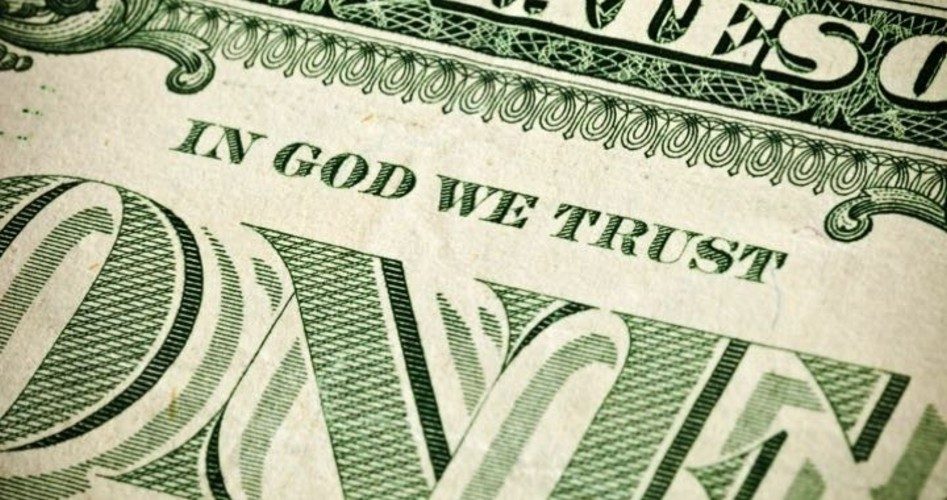
The Supreme Court has rejected notorious atheist activist Michael Newdow’s attempt to force the removal of the national motto “In God We Trust” from U.S. currency. In a lawsuit filed on behalf of a group of atheists, Newdow had argued that “by mandating the inscription of facially religious text on every coin and currency bill,” the government was effectively transforming individuals with no faith into “political outsiders.”
“In God We Trust” was first imprinted on coins under President Abraham Lincoln in 1864, and since 1955 has been a fixture on all U.S. currency. The phrase has been a special target of Newdow for over the past several years.
But on June 10, the High Court declined to hear Newdow’s case, making it the latest in a long string of defeats in his ongoing efforts to sanitize religious sentiments from the public square. The currency case had already met with numerous defeats in lower courts, with the 8th U.S. Circuit Court of Appeals last dismissing it in 2018, ruling that the phrase “In God We Trust” did not “compel citizens to engage in a religious observance.” The Supreme Court’s subsequent decision not to rule on the case means that the circuit court’s decision will stand.
Similarly, in 2004 Newdow sued to force the removal of the phrase “under God” from the Pledge of Allegiance, a case that was also ultimately rejected by the Supreme Court.
Additionally, reported the Washington Examiner, Newdow “sought to block Chief Justice John Roberts from saying the phrase ‘So help me God’ while administering the presidential oath of office to President Barack Obama during his inauguration in 2009. Newdow also sought to stop the phrase from being recited in the 2013 and 2017 inaugurations. A federal court threw out that lawsuit, and the Supreme Court in 2011 declined to take up the case.”


